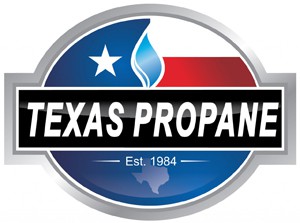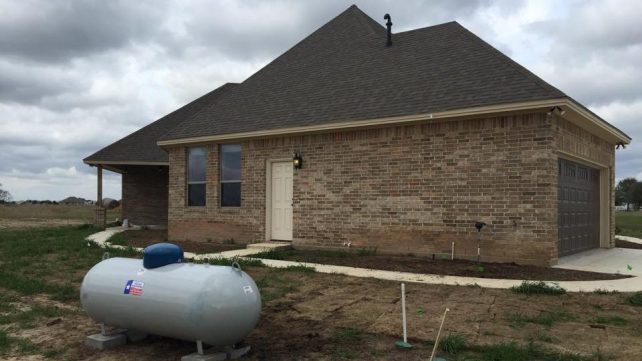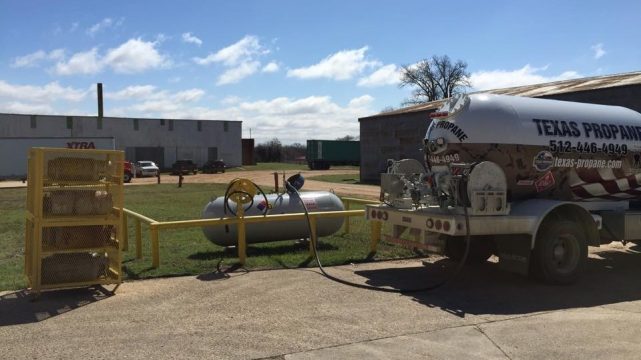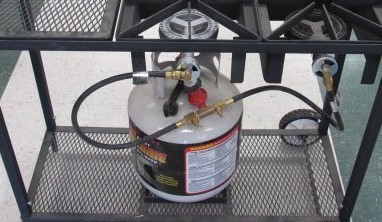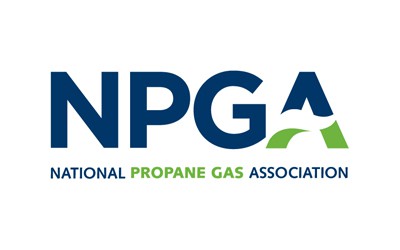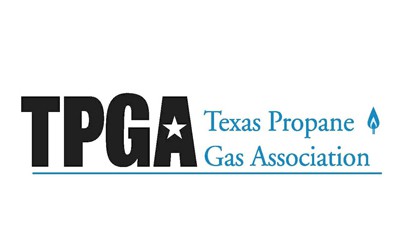
Underground propane tanks are a convenient and efficient way to store and use propane for a variety of applications, such as heating, cooking, and generating electricity. If you are considering installing an underground propane tank, there are several factors to consider and steps to follow to ensure a safe and successful installation.
The first step in installing an underground propane tank is to choose a location that is safe and compliant with local regulations. It is important to keep in mind that underground propane tanks must be installed a certain distance away from buildings, property lines, and other structures, as well as underground utilities. It is also important to choose a location that is easily accessible for delivery trucks and maintenance.
Next, obtain the necessary permits and approvals from your local building department and any other applicable agencies. These permits ensure that the installation is being carried out in a safe and proper manner, and may also require inspections at various stages of the process.
Once the necessary permits and approvals are obtained, it is time to begin the actual installation process. This usually involves digging a hole for the tank, preparing the site and surrounding area, and installing the tank itself. The specific process will vary depending on the size and type of tank you are installing, as well as the soil and other conditions at the site.
It is important to follow all manufacturer instructions and local regulations when installing an underground propane tank. This includes using proper equipment and techniques, and working with Texas Propane to do the work.
After the tank has been installed, it is important to test it and ensure that it is working properly. This may involve pressure testing the tank, as well as checking all connections and valves. Texas Propane properly labels the tank and any associated equipment, and to keep the area around the tank clear and well-maintained.
Finally, the tank inspected and serviced regularly to ensure that it is in good condition and operating safely. This may involve checking the tank for leaks, corrosion, and other issues, and making any necessary repairs or adjustments.
Overall, installing an underground propane tank requires careful planning, attention to detail, and a commitment to safety. When working with Texas Propane, you can ensure that your underground propane tank is installed correctly and operates safely for years to come.

